The construction industry uses a variety of agreements depending on the project’s budget, delivery, scope, and schedule. While there are various types of construction contracts, there are really only five main types. These construction contract types are used at every level of any construction project. Just like the wide range of construction marketing ideas, construction contracts each have their advantages and disadvantages for contractors. It’s crucial to understand the types of contracts in construction to ensure a successful outcome in delivery, customer satisfaction, and profit.
What is the construction contract?
A construction contract is a legally binding agreement between two parties – typically an owner or client and a contractor – that outlines the terms and conditions for a construction project. This document serves as a roadmap for the entire construction process, defining the roles, responsibilities, and expectations of each party involved. Construction contracts are essential for ensuring that both parties understand their obligations and rights, which helps minimize disputes and provides a framework for resolving conflicts if they arise.
How to write a construction contract?
Writing a construction contract involves careful consideration of the specific details and requirements of the project. It’s important to note that this is a general guide, and the specific requirements of your construction contract may vary based on the project’s unique characteristics and local regulations. It’s advisable to seek legal advice to ensure that your construction contract is comprehensive, legally sound, and meets the specific needs of your project.
What are the 5 types of contracts?
In this article, we’ve made this process easier by compiling the five main types of contract in construction, along with their advantages and disadvantages.
Before we get started, the five types of construction contracts are:
- Lump sum
- Time and materials
- Cost plus
- Unit price
- Guaranteed maximum price
1. Lump sum
A lump sum contract is the most common among the different types of construction contracts. It’s an agreement on a fixed price for a particular scope of work. No matter how much the work costs the contractor to perform, the customer pays only the fixed-price amount.
Lump sum contracts incentivize contractors to keep costs low, because the lower the cost, the more profit they earn.
However, unexpected costs can reduce the profit margin on a project. So, it pays to be specific when describing the scope of work that will be performed.
2. Time and materials
Time and materials contracts are used on projects when the scope of work is not well defined. The contractor charges the customer for the actual cost of materials plus labor at a specified hourly rate. With this construction contract type, if there are additional costs the customer pays for them.
Time and materials contracts are good for contractors because they ensure that all costs will be reimbursed.
With a time and materials contract, there is no incentive to finish early or keep costs low, because the contractor will be paid for all project-related expenses.
3. Cost Plus
Cost plus contracts are also called cost reimbursement contracts, and they stipulate that the contractor will be paid for any costs incurred on the project plus a set amount for profit. The profit is often a fixed fee for the project or a percentage markup on all costs.
Similar to a time and materials contract, contractors like a cost plus contract because all their costs are reimbursed.
Often the contractor is asked to provide proof of the costs incurred on the project, like invoice copies or timesheets, which creates a lot of additional paperwork. A great move for contracts is to learn the questions a builder should ask a client before and during a project.
4. Unit price
Unit price contracts are also called measurement contracts, measure and pay contracts, or remeasurement contracts. When the scope of work is repetitive, heavily depends on materials, or the amount of work isn’t clear at the start of the project, a unit price contract may be used. The contractor provides pricing for each unit of work completed, and the project owner is charged each time a unit is complete.
A unit pricing contract is good for contractors because billing the customer is easy and there is consistent profit no matter how many units are completed.
The downfall to this construction contract type is that the work has to be able to be broken up into separate units, which isn’t common in most projects.
5. Guaranteed maximum price
In a guaranteed maximum price (GMP) contract the contractor provides a cost cap that the project won’t go over. This assurance that the project won’t go over the cap amount is helpful when the customer has a limited budget.
GMP projects provide an incentive to the contractor to save money, as often the contract will stipulate that any project cost savings are to be split between the customer and contractor.
These contracts are risky for contractors because any added costs aren’t covered by the contract.
Looking for subcontractors?
General contractors who are looking for quality construction bidding websites and subcontractors to bid on their projects rely on PlanHub. PlanHub offers general contractor software that is free for general contractors, and they can post an unlimited number of projects for subs to bid on. To see how PlanHub can help you scale your business and get more work, check out a demo.
In conclusion, exploring the various types of construction contracts provides valuable insights into the diverse landscape of contractual arrangements within the construction industry. Construction contract types, such as fixed-price contracts, cost-plus contracts, and time and material contracts, offer flexibility tailored to the project’s nature and the relationships between the parties involved. These contracts typically define the project scope, duration, payment terms, and responsibilities. Selecting the right contract type is crucial for establishing clear agreements, preventing disputes, and successfully completing a project. The versatility in types of contracts in construction and types of building contracts enables a more precise alignment with the unique needs of each project, emphasizing the importance of understanding and choosing the appropriate contract type for successful project outcomes.




